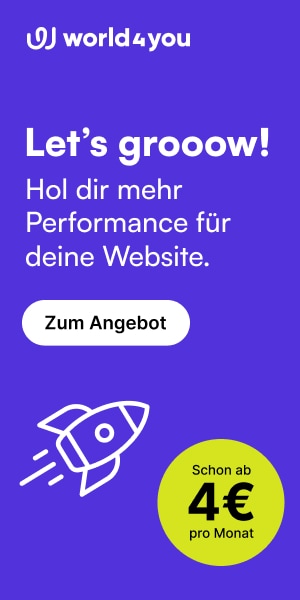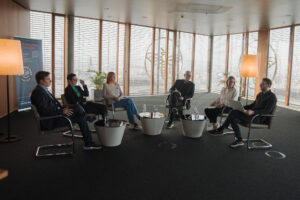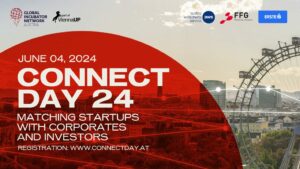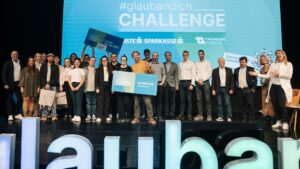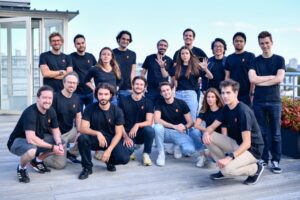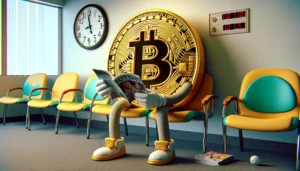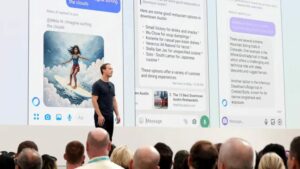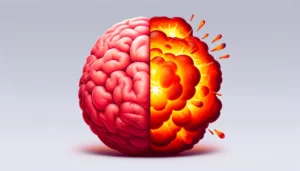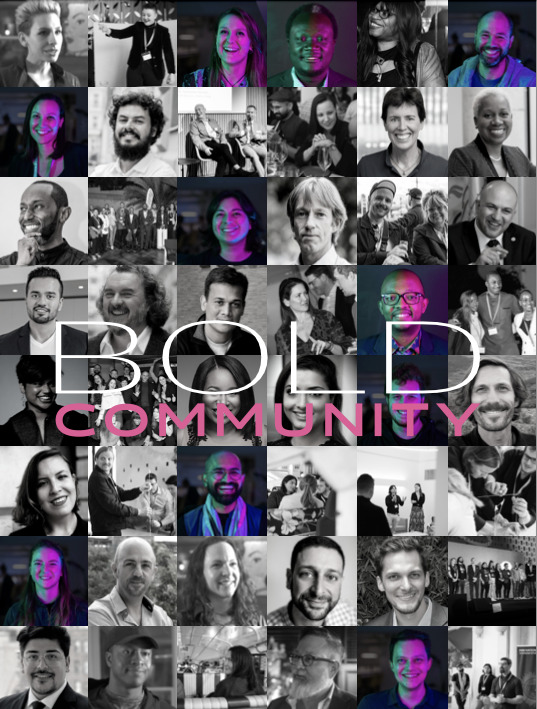Internet of Documents is the Next Step for Blockchain Technologies
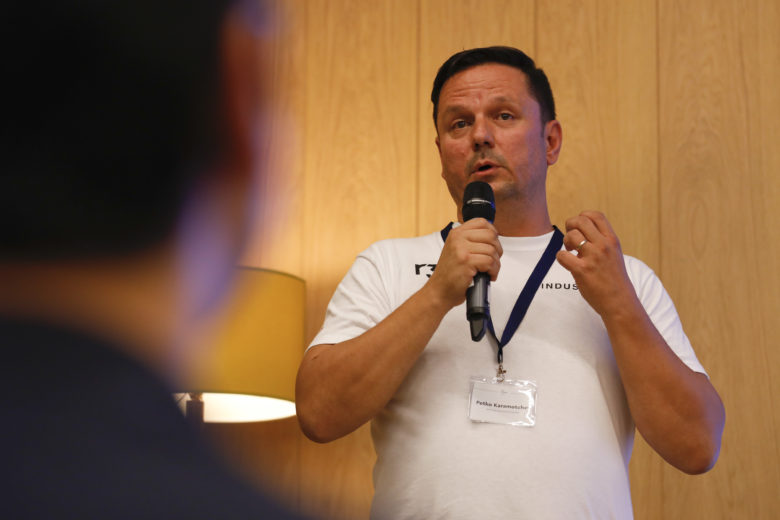
Petko Karamotchev has been part of the Bulgarian digital business ecosystem for many years. After being an investment consultant around the time of the DotCom Bubble he switched to his first own business – a digital agency, specializing in website development. As Karamotchev realized the business with webpages was about to die, he started to look for another niche.
His company INDUSTRIA specializes in consultancy and integration of blockchain solutions and has recently become a partner of the R3 consortium, a worldwide network of banks, insurance and tech companies developing a distributed ledger platform called Corda. Karamotchev and his team have been participating in different hackathons around the world over the past several months, looking for the not so obvious or at least not so popular implementations of the blockchain and distributed ledger technologies. In September they even won the the 2018 Barclays DerivHack, organized in partnership with Deloitte, ISDA, and Thomson Reuters.
It’s already widely discussed that blockchain will change the banking and finance world and the conversations have finally started to go beyond cryptocurrency speculations and small talks. Trending Topics met Petko Karamotchev to talk about the potentials of blockchain and distributed ledgers, but also the sustainable way to have a blockchain business after the ICO hysteria.
Unlike a lot of blockchain companies providing products and relying on ICO money, you’ve chosen a different approach – to be a consultant. Why?
Petko Karamotchev: I truly believe a real business needs to be pushed forward by market factors and managers need the reality check of a real market they are operating on. Within the hypothetical market of ICOs you could do whatever. We didn’t want to go down the way of speculations and headed a different way – to be a consultant on blockchain technology. And when I say blockchain, I don’t mean crypto at all. Being a consultant and service provider gives us the time to explore while being financially sustainable. We see a clear shift and companies that were also in the ICO business are now trying to connect to the real business.
We chose this technology because it is one that will only evolve in the years ahead and we are currently exploring verticals. In August INDUSTRIA was accepted as an R3 partner in a consortium of over 200 banks and fintech companies working on the next generation of blockchain technologies.
What is that new generation of blockchain?
Some years ago there were different network protocols – TCP, Appletalk, NetBIOS etc. Now we have one that we use predominantly. Blockchain is somehow a comparable case. We have the technology now but it’s in its very early stage – we have the starting point. We also have an idea of what the purpose and the endpoint is. But different developers are going different ways. As part of R3 and with our work on Corda, we are part of one of those development streams. The end destination is the decentralised sharing of data of all kinds that will give different market stakeholders the opportunity to talk to each other more easily and more securely. Furthermore, within Corda, the information will only be distributed to the interested stakeholders and not dispersed to the whole network.
If I have to put it in a frame, I would say we are now building the internet of documents. This is a way to automate communications between institutions. Let me give an example – in some 7- 8 years from now, when you hire someone, he or she would be able to revise the contact and sign it via smartphone, the employee will immediately get all the needed information, e.g. when is the salary paid, what happens in case the company bankrupts etc. Meanwhile all the institutions like social agencies, banks and insurance companies would automatically be notified and have all the relevant documents around this event. The next generation of distributed ledger technologies would reduce communication, transactions and paper work a lot.
Which sectors will benefit the most from the development of the DLTs?
The technology has various applications – in the financial sector, in healthcare, in supply chain, even in sectors that don’t really exist now but will evolve as other technologies develop as well. We are mostly focused on banking and insurance.
In large banks tremendous amount of work is done in the back office and a great part of that could be automated. The optimization so far was in the front office area – self service stations, chatbots etc. Now it’s time for the back office. The creation of the decentralized communication is something big and it’s fundamental freedom that will change the way businesses operate.
The insurance sector will also change. Imagine that several years from now autonomous vehicles are a mass shared service. When the insurance is not related to the driver anymore but to the car, the middleman will be out of the game and the insurance will be put on the car. In the world, there are not more than 50 vehicle producers and probably up to ten insurance companies they work with. Ten years from now most of the things we know as products will be services – a car ride will be one, insurance will be a service. And all those connected services will need to have a secure software that runs them and lets them communicate with each other. There we come in the game – my vision is to build that hyper intelligent software behind the services of the future.
You have recently won the Barclays hackathon and prior to that your team has participated in several other hackathons. Why are you doing all that?
Hackathons like these give us the opportunity to explore the technology and the Corda platform while being able to work on different applications. Participating in those hackathons also gives us the opportunity to develop solutions to potential clients and real businesses we could than integrate Corda with.
Besides the real business logic, we think in perspective. We only have limited time to explore the technology and get enough clients before someone else has entered the market. As of the Barclays hackathon, we went there with the idea to explore the derivative niche.


